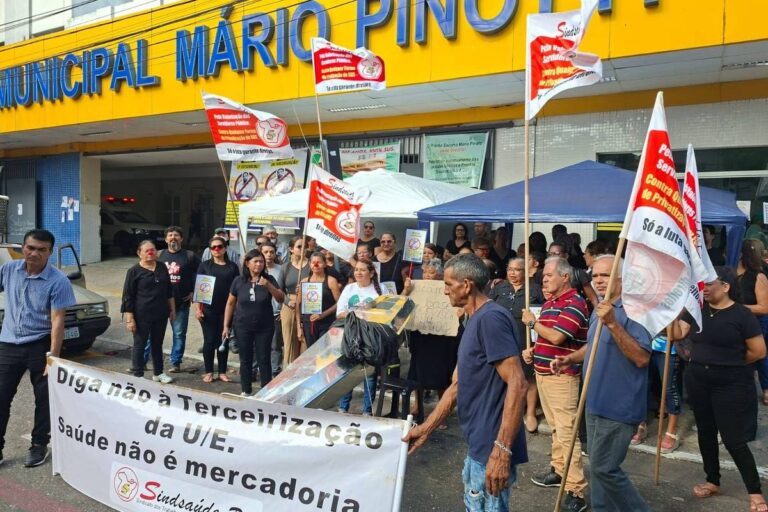
The federal government has launched a public consultation to assess the inclusion of filerenone in the unified health system (SUS). This drug is indicated for patients with chronic kidney disease (CKD) associated with type 2 diabetes and can help slow disease progression and reduce complications and the need for dialysis.
The efforts of the National Commission for the Integration of Technology into the Unified Health System (Conitec) come at a time when 16.8 million Brazilians live with diabetes, one of the main causes of chronic kidney disease (CKD) in Brazil. The number of patients could reach 23.2 million by 2045, and up to 40% of them may develop some form of kidney damage during their lifetime. Without proper treatment, diabetes can lead to kidney failure, requiring dialysis and transplantation, and increasing the risk of serious complications.
Experts also warn that Brazil is at a critical moment in the public’s kidney health, with more than 150,000 people dependent on dialysis, while clinics affiliated with SUSrel are facing financial difficulties and closure, a situation the Brazilian Society of Nephrology has dubbed a “humanitarian dialysis crisis.” Treatments can contribute to reducing the overburden of the public health system,” said José A. Mouranet, President of the Brazilian Society of Nephrology.
Recent studies with Finenone have shown that when used in conjunction with standard therapy at day 14, it can reduce the risk of renal outcomes by 23%, reduce the risk of progression to dialysis and/or transplant by 20%, and even reduce albuminuria by 30% (imposing markers of renal and cardiovascular risk).
“The public hearing is an important opportunity for healthcare professionals, patients and the general public to contribute to this discussion. Public participation will strengthen the evaluation process and ensure transparency in decisions regarding the incorporation of technology into SUS,” added Dr. MouraNeto.
All citizens can participate in public consultations and express their opinions on the adoption of medicines. If you are interested, please visit the Conite website by November 11th to complete the necessary registration and submit your submission.



